Eleventh Jeju 4·3 Peace Literature Awards held
Poetry category winner: “Yeongnam-dong” by Han Seung-yeop
Fiction category winner: “Through The Evening Light” by Lim Jaehee
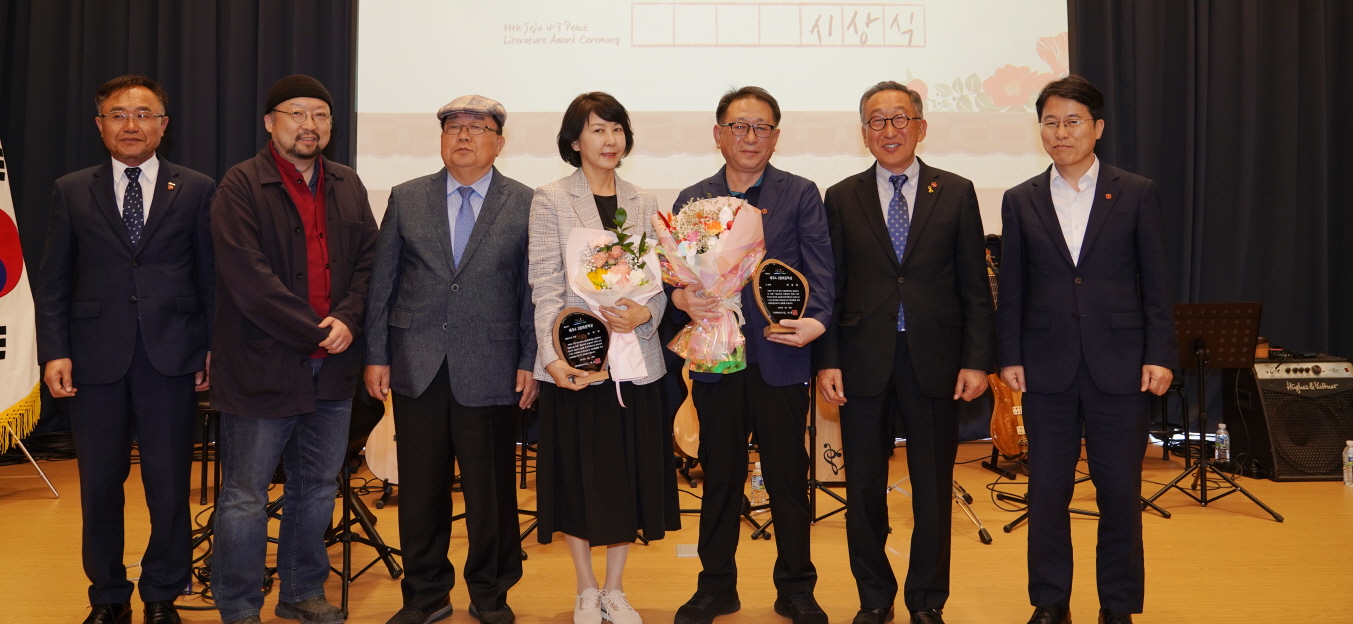
The 11th Jeju 4·3 Peace Literature Awards ceremony was held at the Jeju Literature Museum on April 18. A plaque and prize money (20 million won for poetry and 50 million won for fiction) were given to Han Seung-yeop (in Jeju) in the poetry category and Lim Jaehee (in Seoul) in the fiction category. In addition to the awards ceremony, literary events such as poetry recitation and reading performances with music were also held.
“Yeongnam-dong,” the winning poem, depicts the mountainous village with that name on Hallasan Mountain which disappeared due to the scorched-earth operation of the counterinsurgency forces at the time of Jeju 4·3.
The juries said, “It was highly praised because the reality of Jeju 4·3 was vividly recalled while avoiding explicit descriptions.” Born in Jeju in 1966, the author graduated from the Department of the Korean Language and Literature at Dongguk University. He started his literary career in 2006 by publishing poems in the literary journal “Literature and Arts” and has since published poetic works such as “West of Immersion” and “Starlight Theater.”
The winning work of fiction, “Through The Evening Light,” tells the story of three women living with memories of violence and loss after the Virginia Tech shooting.
The juries announced that the novel contains vivid language that can only be created by those who have deeply experienced the pain of the diaspora and that the story reads like a horse that rushes to the enemy. The author was born in 1964 in Cheorwon, Gangwon-do, and wrote “Your Paradise,” which won the Excellence Prize of The 2013 Segye Ilbo World Literature Award.
The 11th Jeju 4·3 Peace Literature Awards was held nationwide from May to December 2022, with 1,021 poems, 86 novels, and 10 non-fiction entries. The winning works were announced through preliminary and main competitions, but the non-fiction category failed to select a winner.
The Jeju 4·3 Peace Literature Awards was established in 2012 by the Jeju Special Self-Governing Province to sublimate the painful memories of Jeju 4·3 into literary works and realize the values of peace, human rights, reconciliation, and mutual prosperity. The Jeju 4·3 Peace Foundation has organized its execution since 2015.
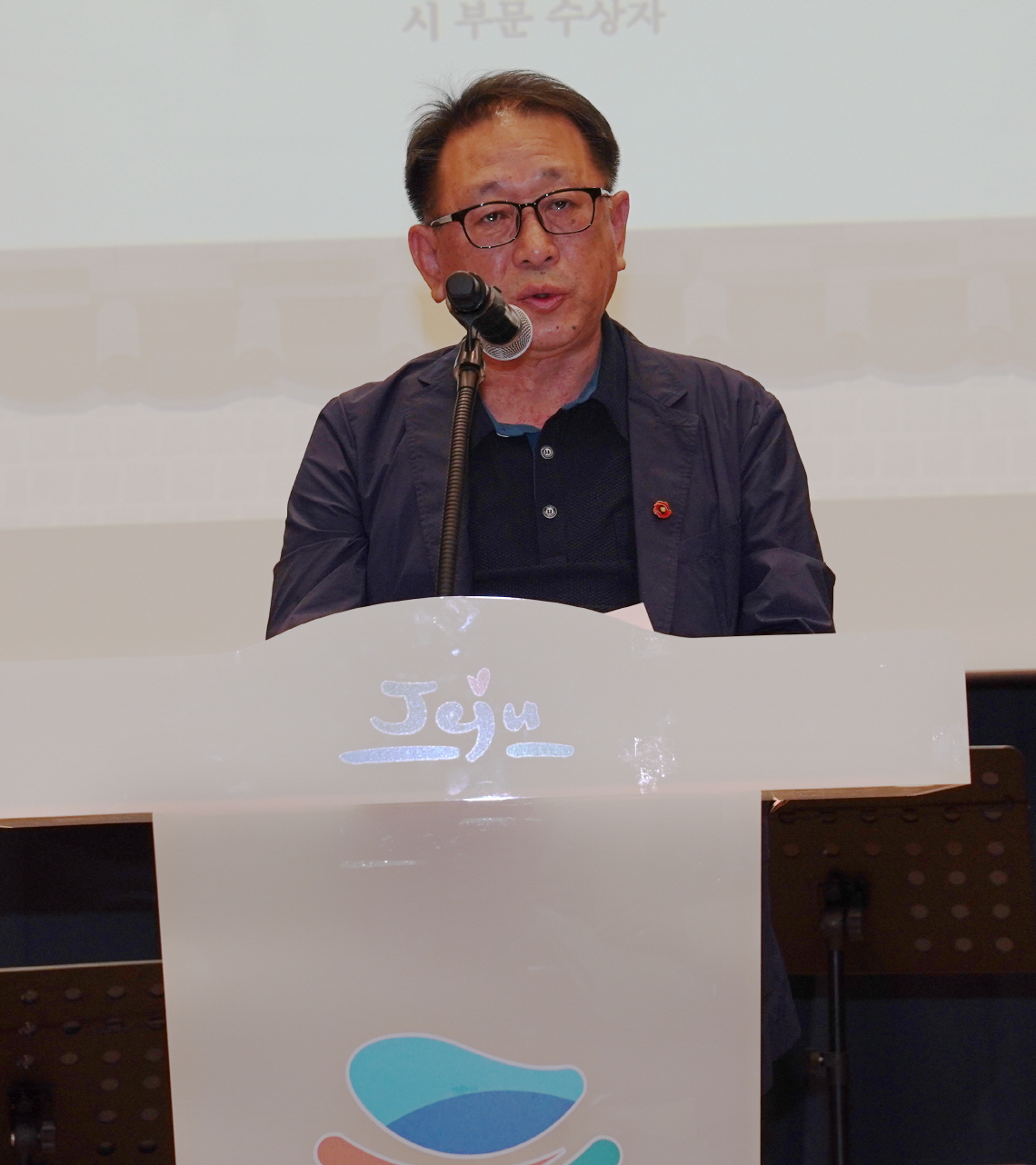 Acceptance speech by Han Seung-yeop
Acceptance speech by Han Seung-yeop
“When my literary imagination encountered this historical tragedy, I experienced a limit that I dared not express, despairing and crying a lot. Jeju 4·3 is such a heavy and difficult topic. Now, I hope that its documentary heritage will be broadly shared around the world and that Jeju 4·3 will establish itself as a symbol of peace.”
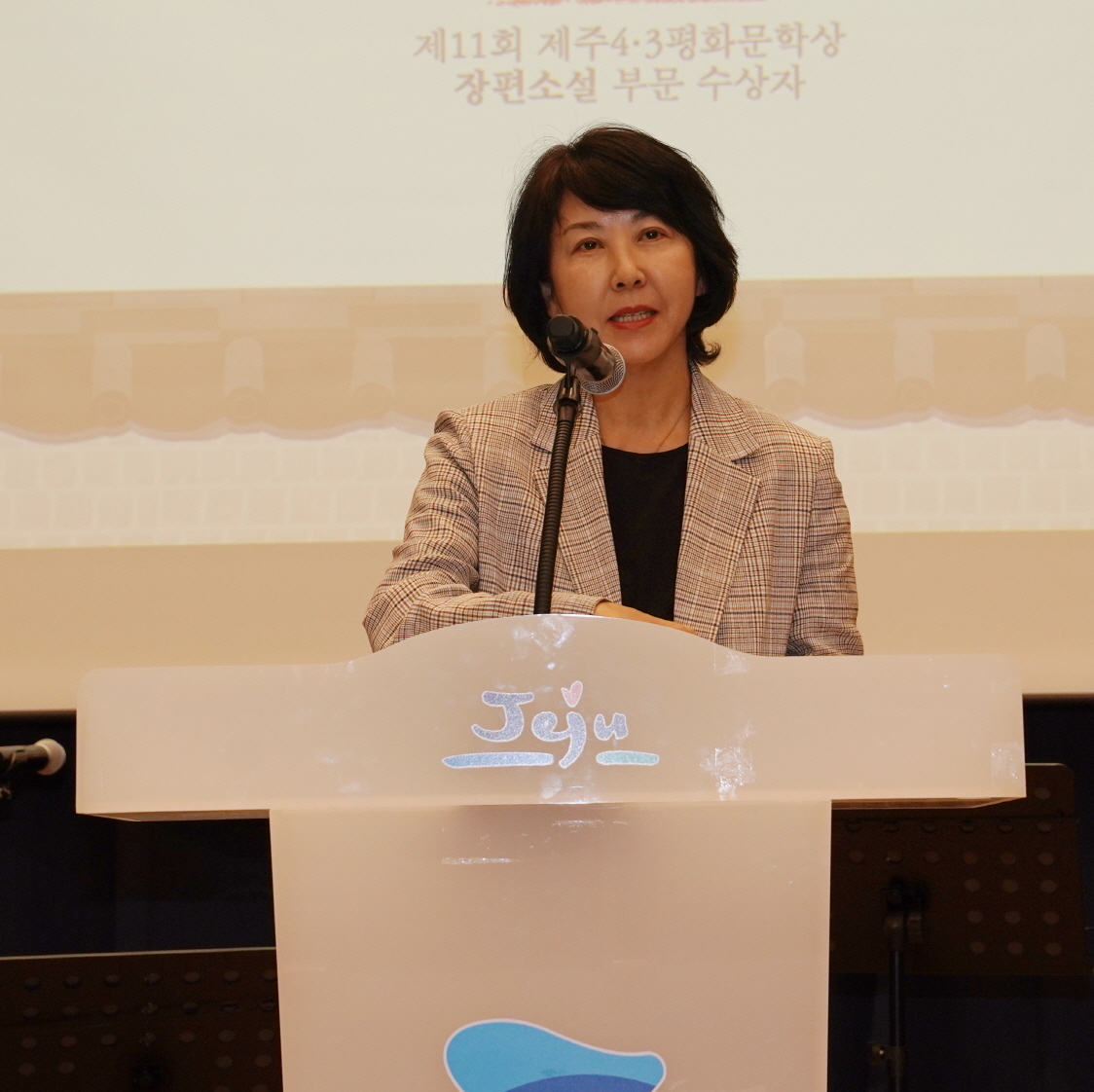 Acceptance speech by Lim Jaehee
Acceptance speech by Lim Jaehee
“This novel could be considered a work of condolence for those left behind after violence. Although my novel does not deal with Jeju 4·3, nor is it set on Jeju Island, I was able to understand the misery of the Jeju 4·3 victims and those left behind by writing a story where violence, swept over everything.”
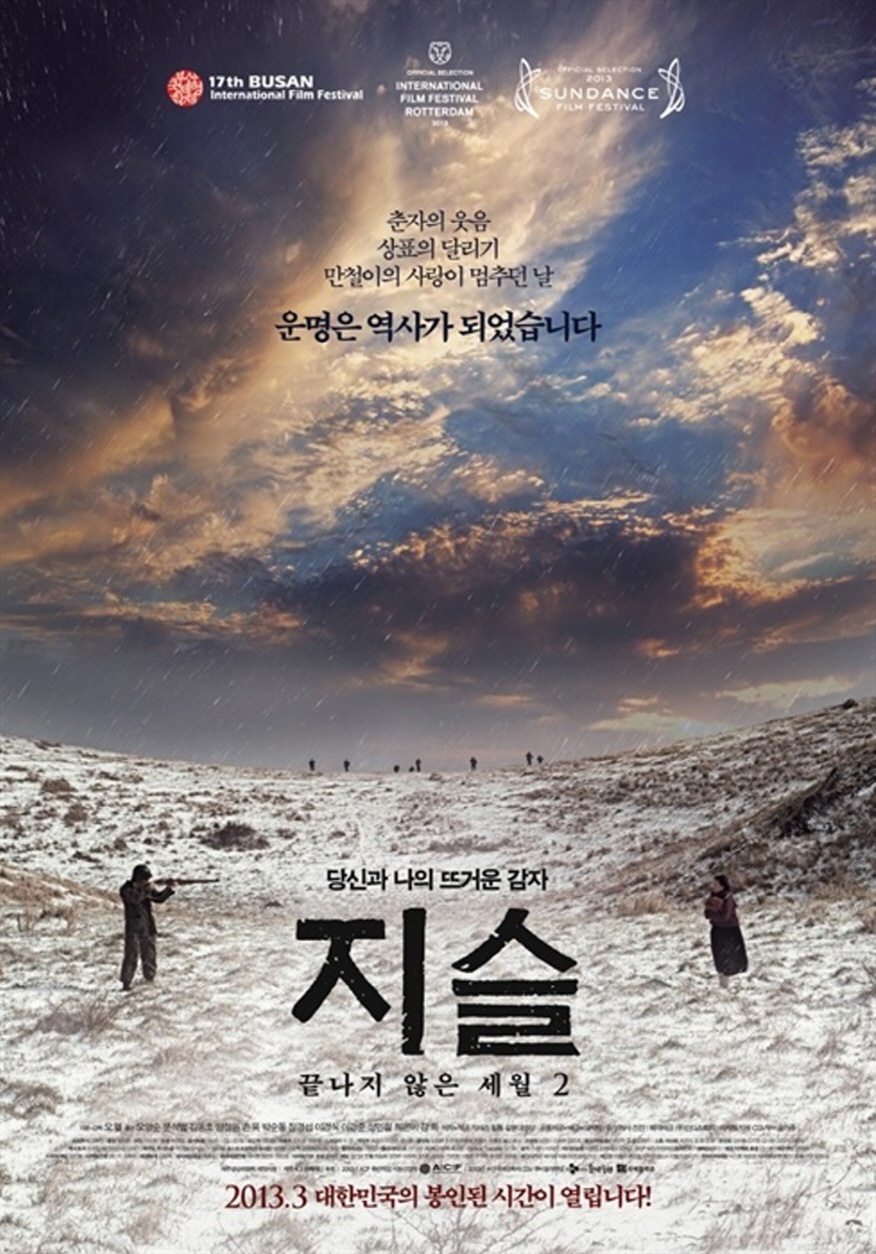

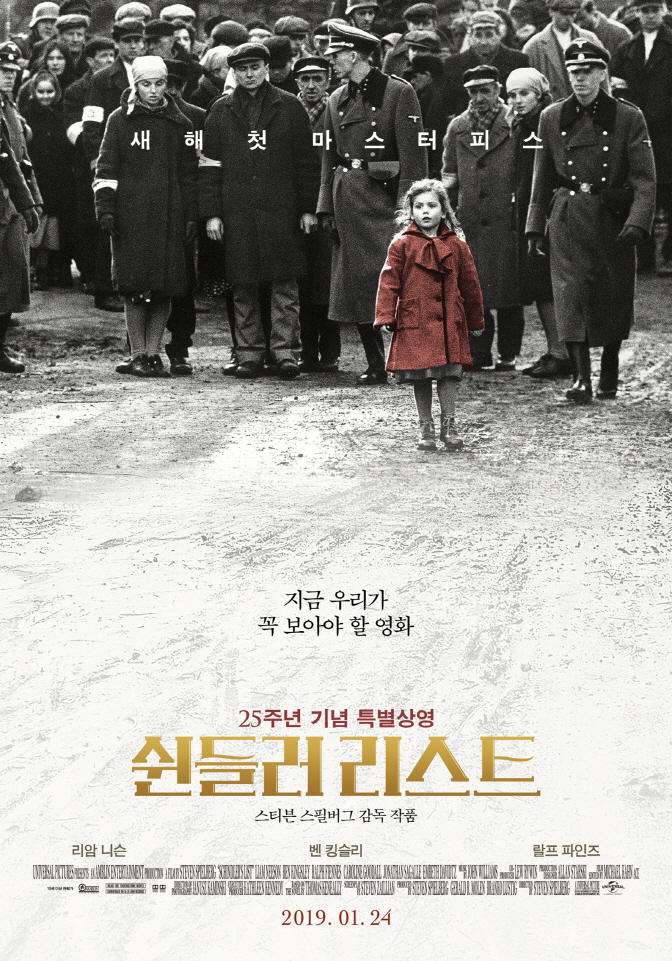
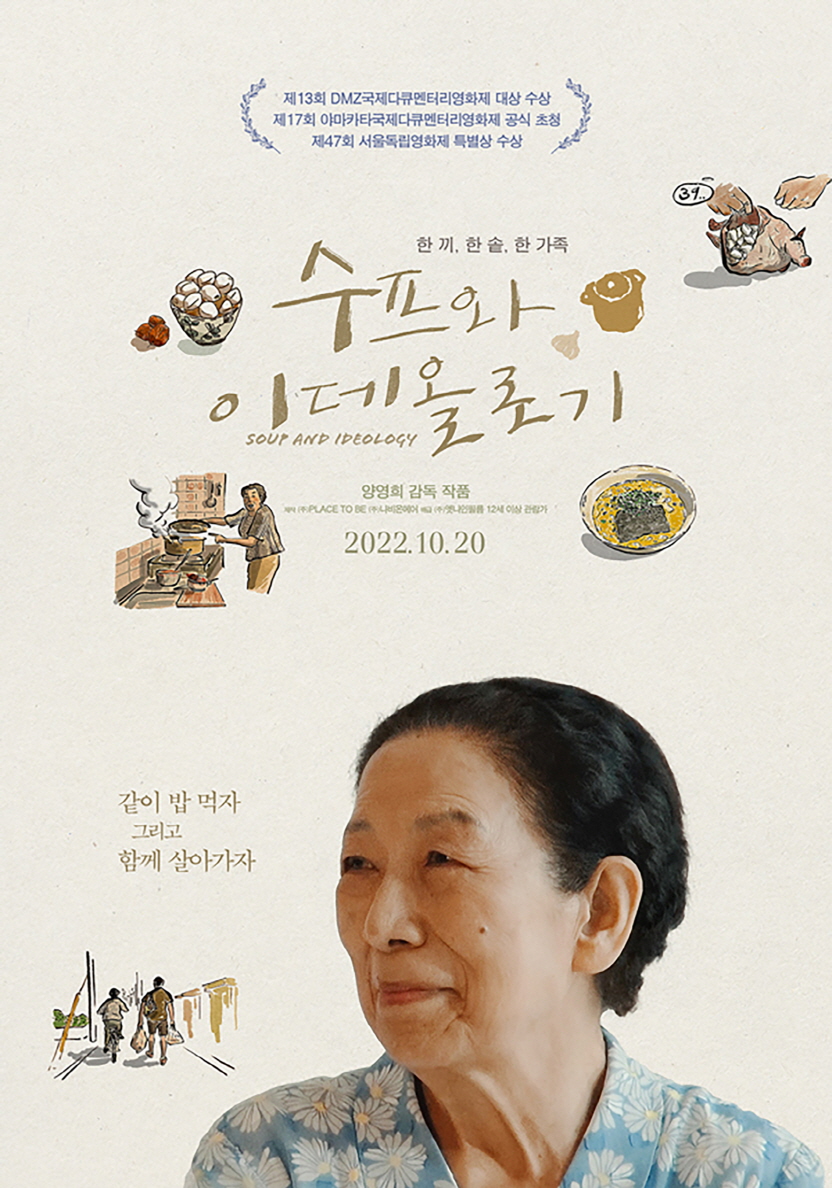
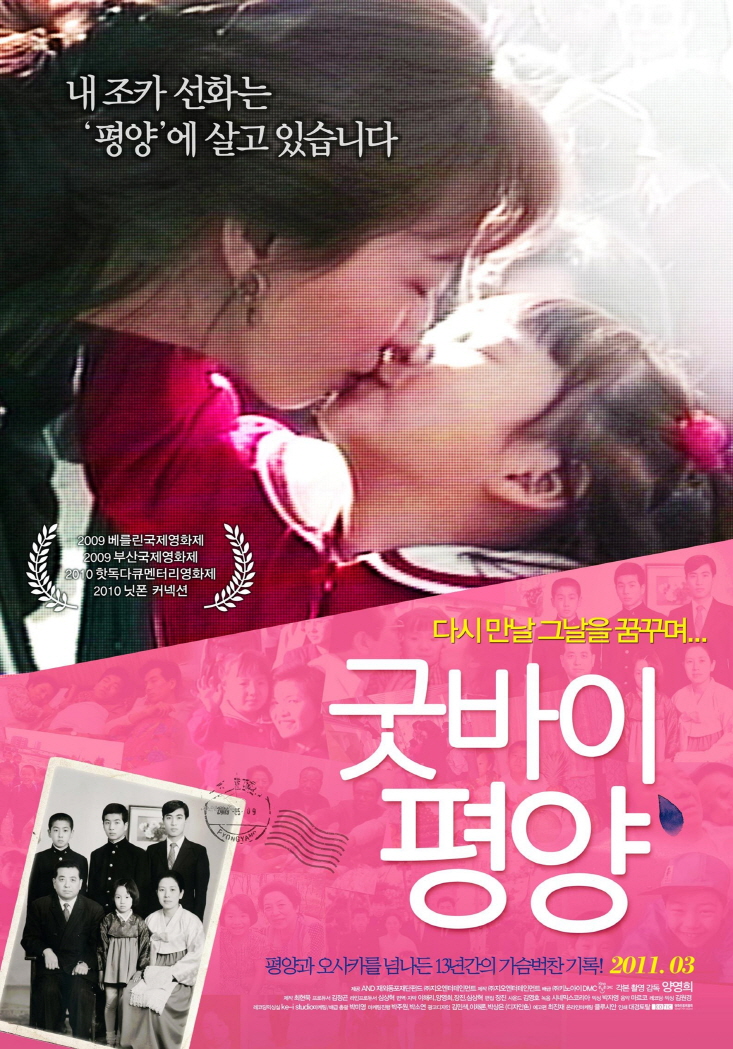
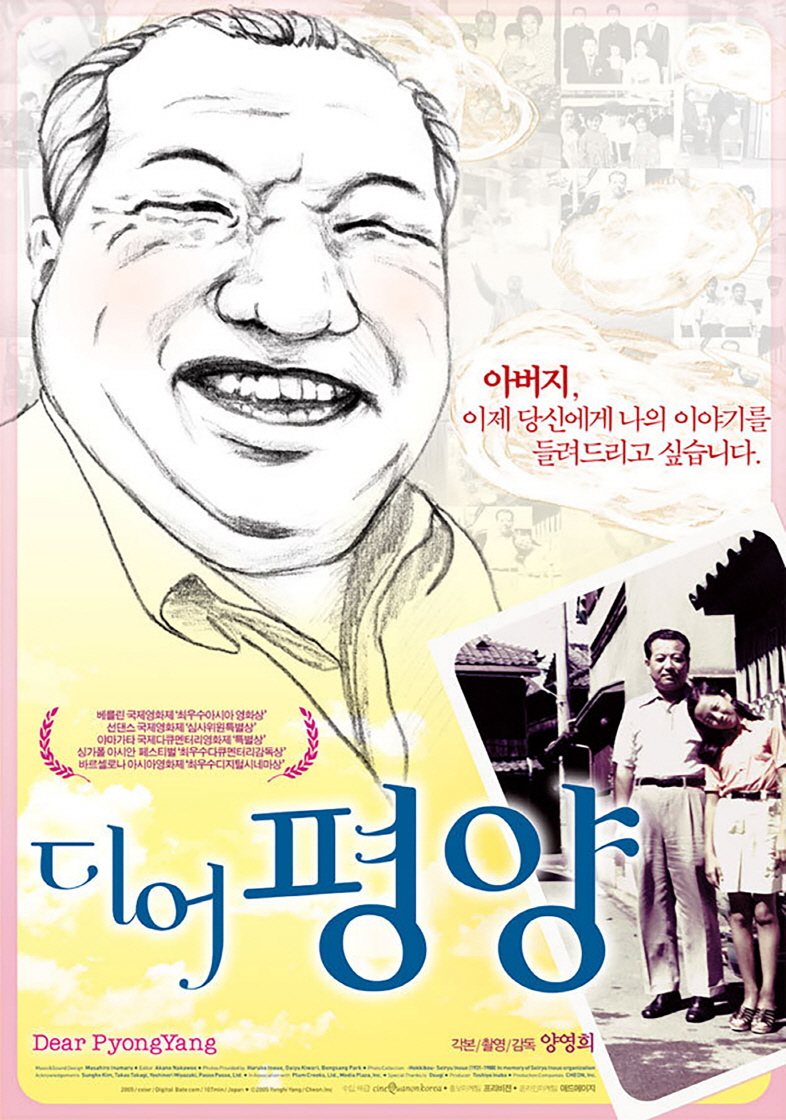 The Jeju 4·3 Film Festival, marking the 75th anniversary of Jeju 4·3, will open on June 23 (Fri) at Jeju CGV. Until November, movies full of hope featuring Jeju 4·3, peace, human rights, democracy, solidarity, and the future will “meet” the audience every month. The main screenings will be at Jeju CGV near Jeju City Hall. Special screenings will also be held in Seogwipo and Seoul.
The Jeju 4·3 Film Festival, marking the 75th anniversary of Jeju 4·3, will open on June 23 (Fri) at Jeju CGV. Until November, movies full of hope featuring Jeju 4·3, peace, human rights, democracy, solidarity, and the future will “meet” the audience every month. The main screenings will be at Jeju CGV near Jeju City Hall. Special screenings will also be held in Seogwipo and Seoul.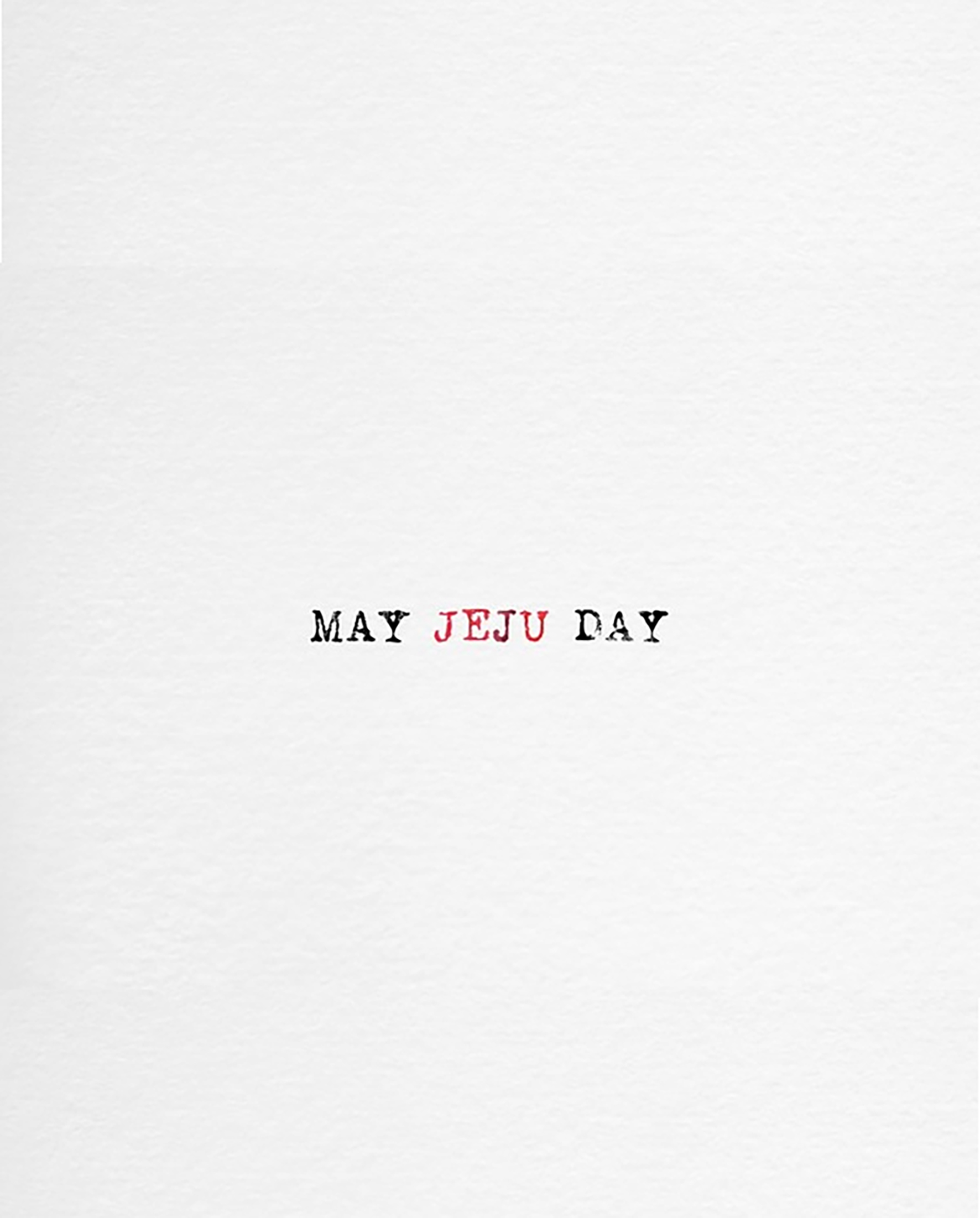
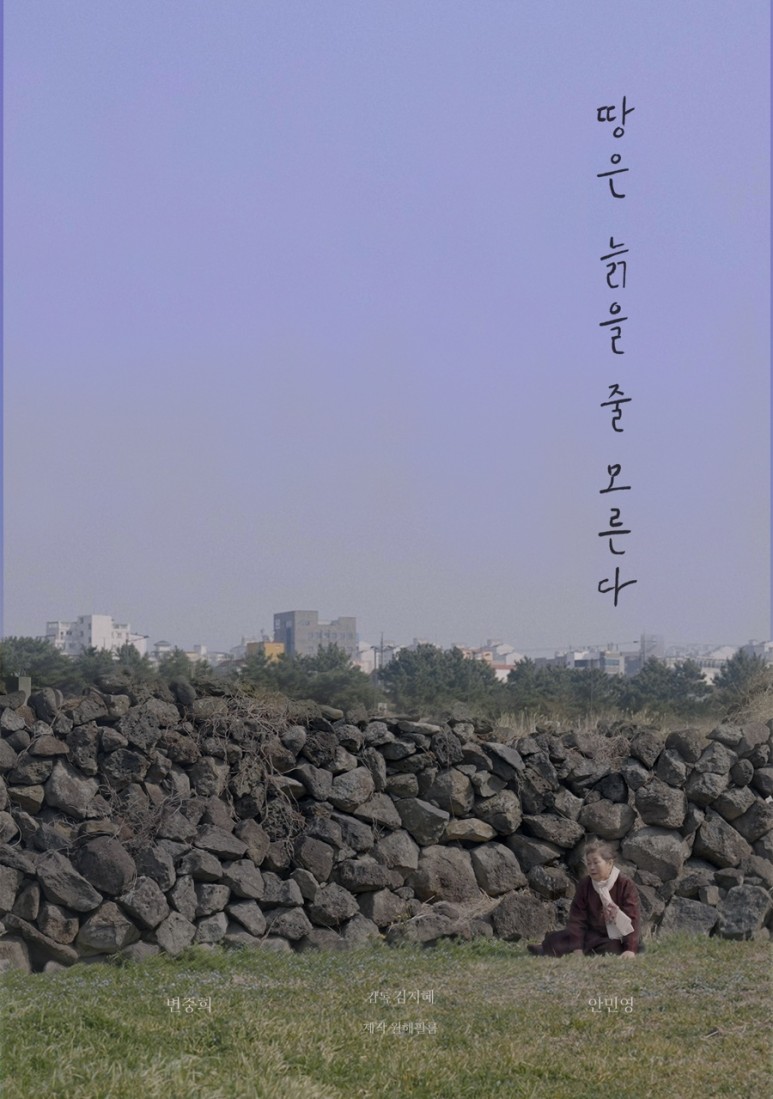
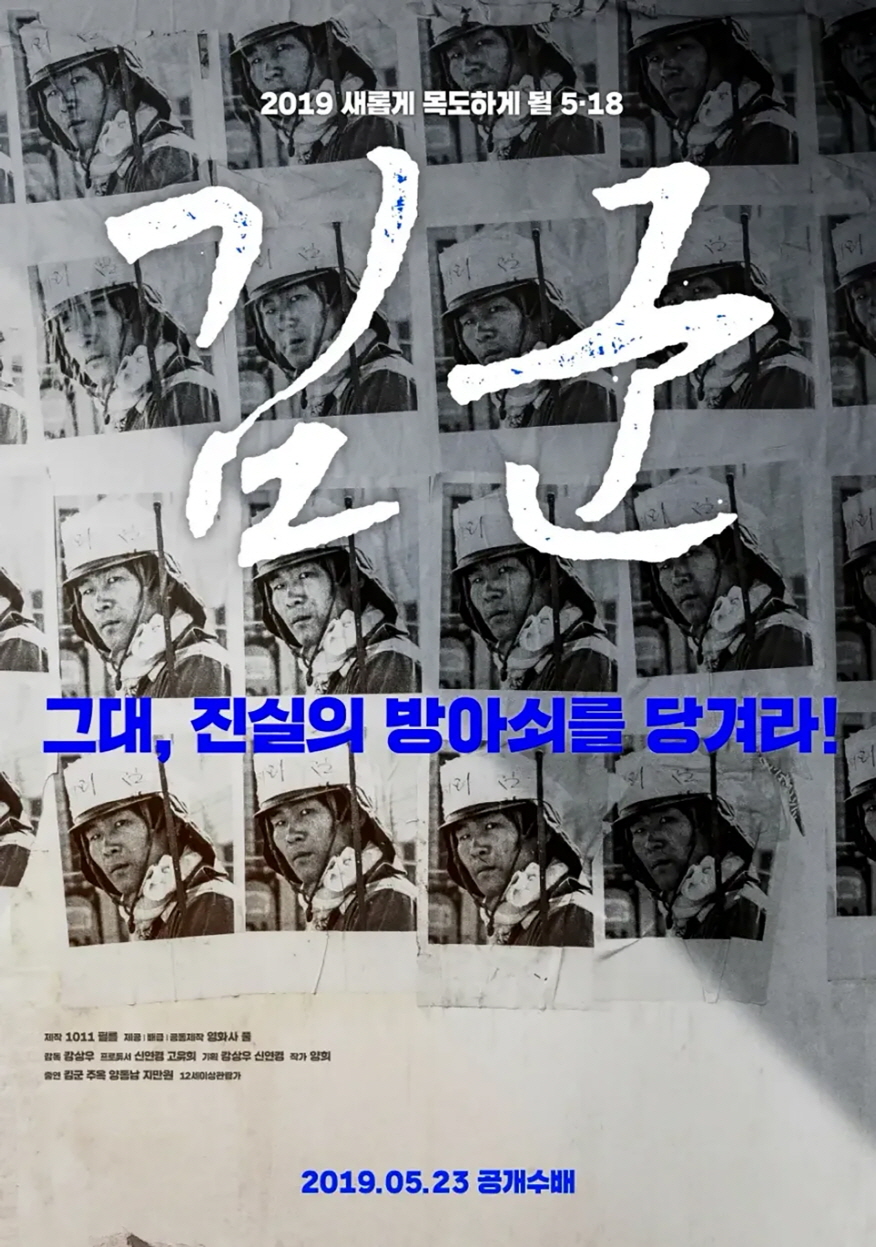 Records of Memories — Testimonies from Gwangju, Ireland, and Indonesia, going beyond Jeju
Records of Memories — Testimonies from Gwangju, Ireland, and Indonesia, going beyond Jeju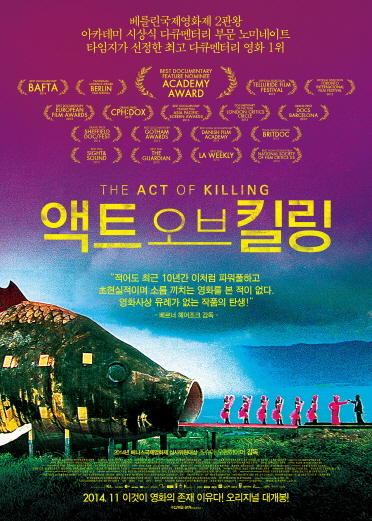
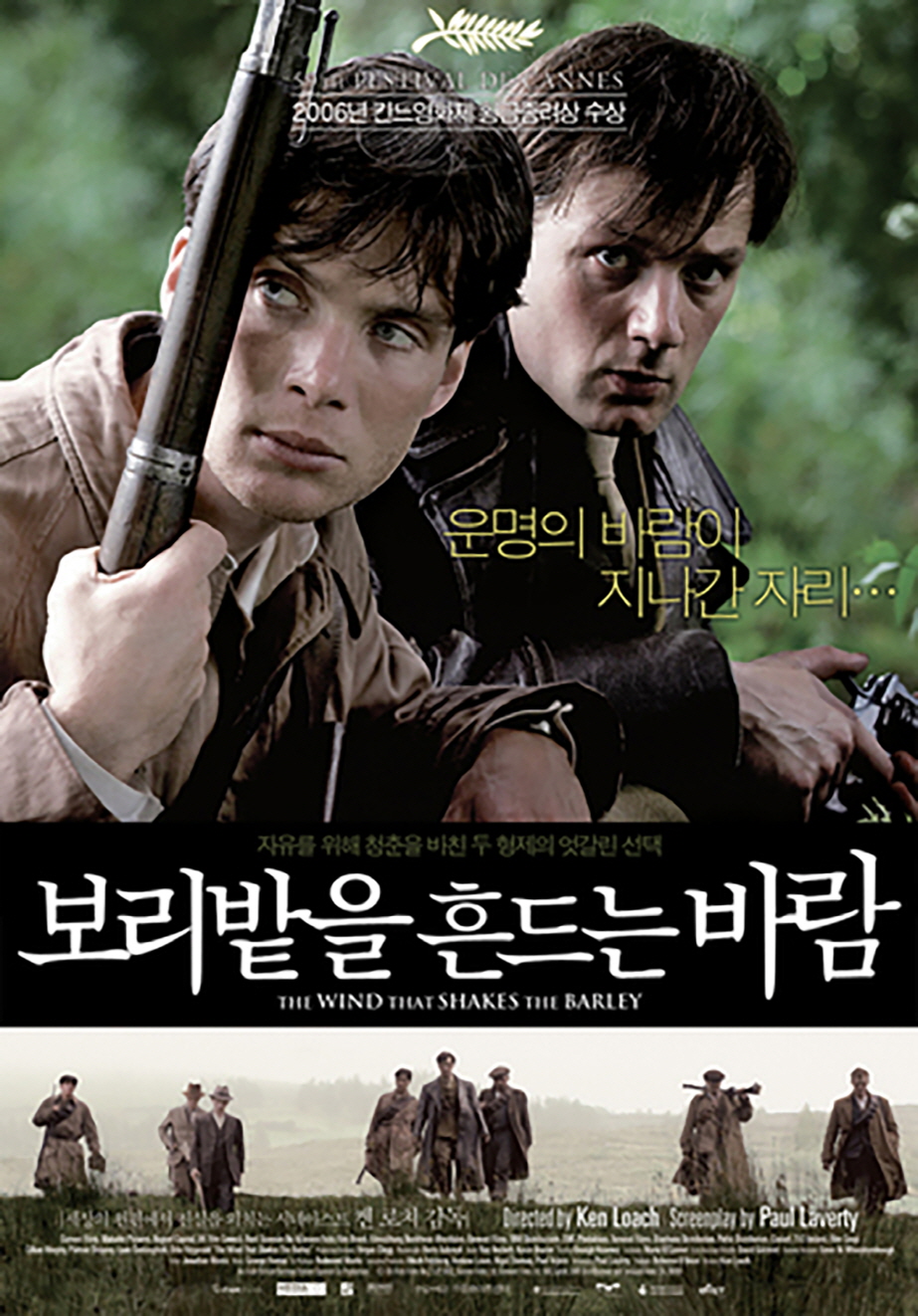
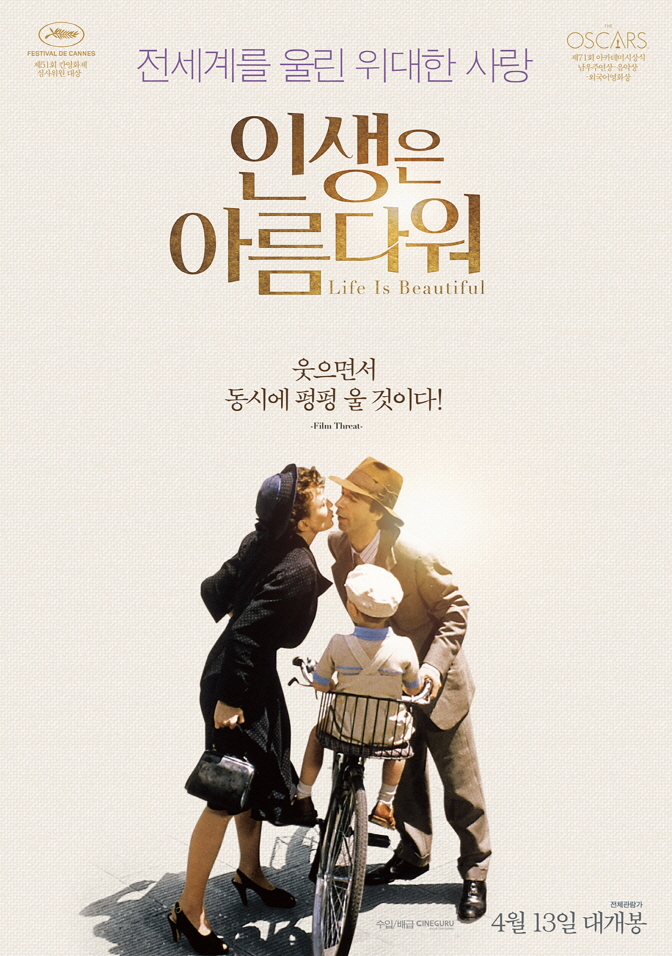
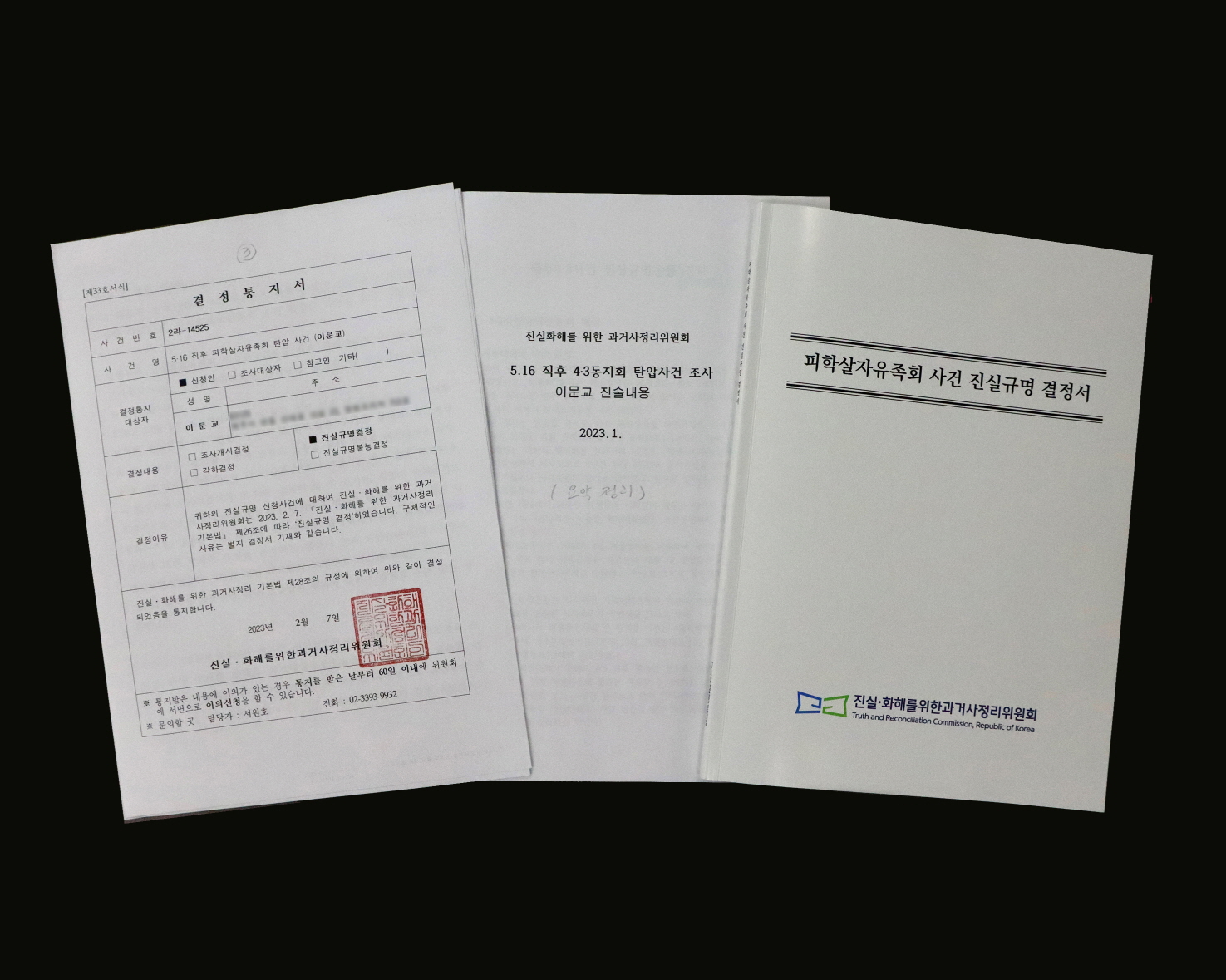
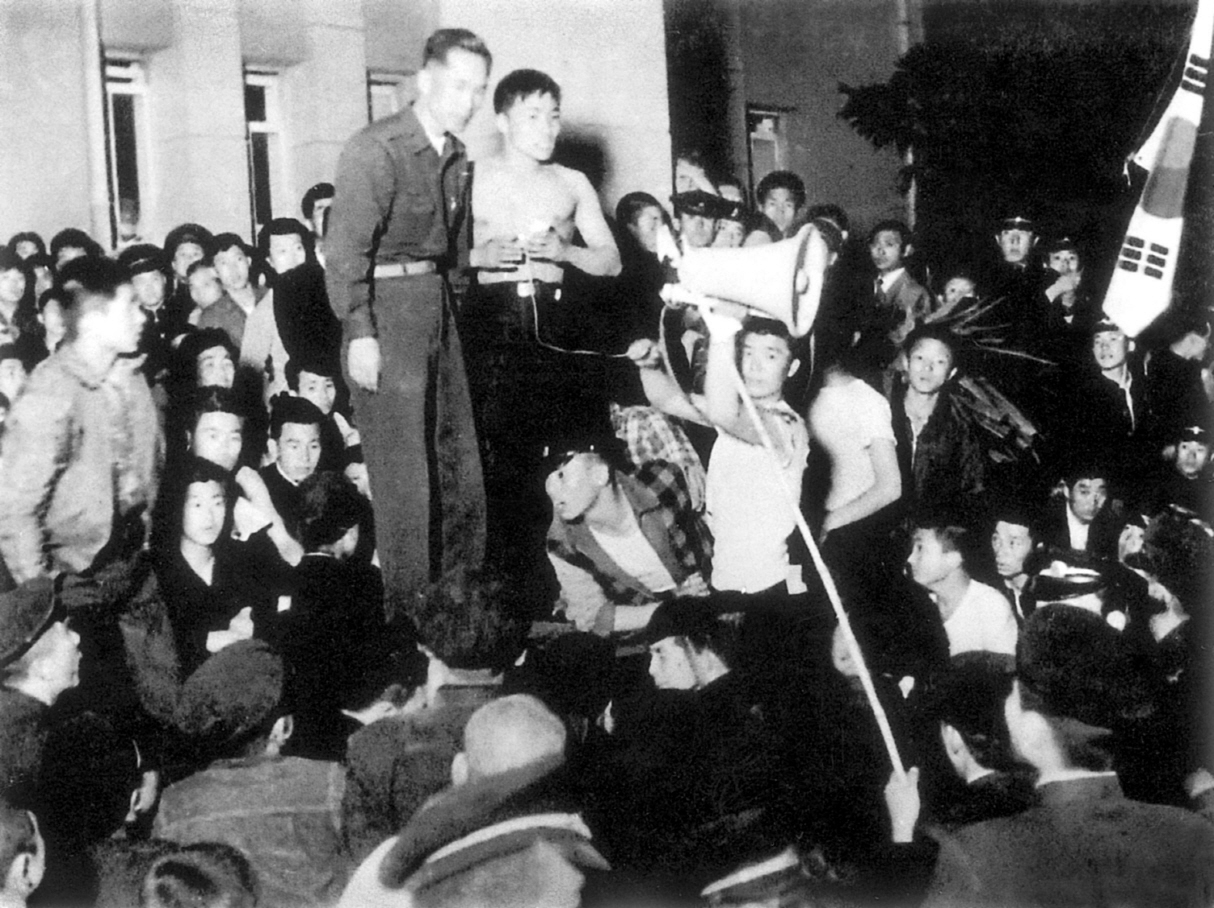
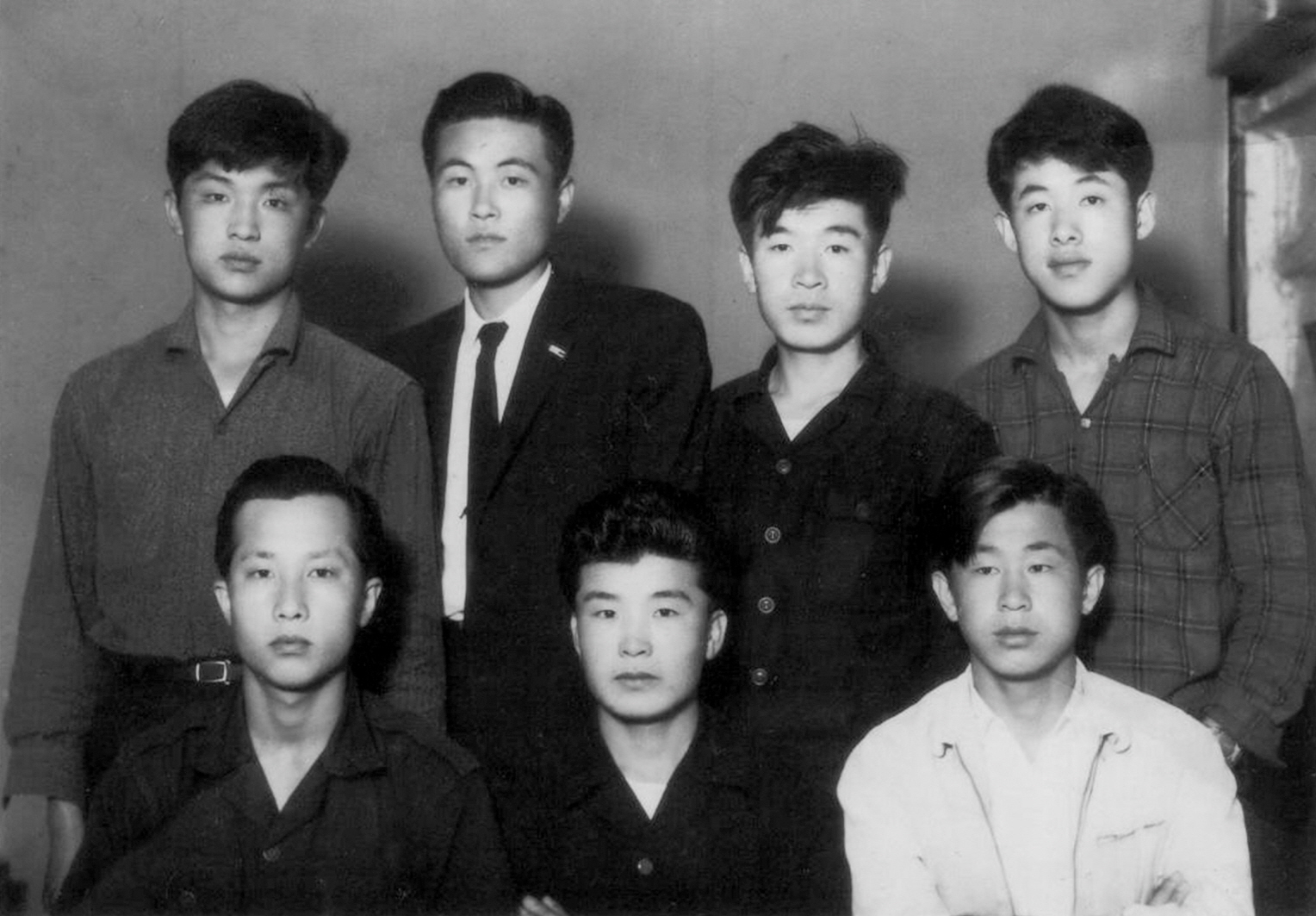 ++ Seven members of the Association for Jeju 4·3 Truth Discovery. (Clockwise from the left of the back row) Ko Soon-hwa, Ko Si-hong, Chae Man-hwa, Yang Gi-hyeok, Park Gyeong-gu, Lee Moon-gyo, and Hwang Dae-jeong.
++ Seven members of the Association for Jeju 4·3 Truth Discovery. (Clockwise from the left of the back row) Ko Soon-hwa, Ko Si-hong, Chae Man-hwa, Yang Gi-hyeok, Park Gyeong-gu, Lee Moon-gyo, and Hwang Dae-jeong.